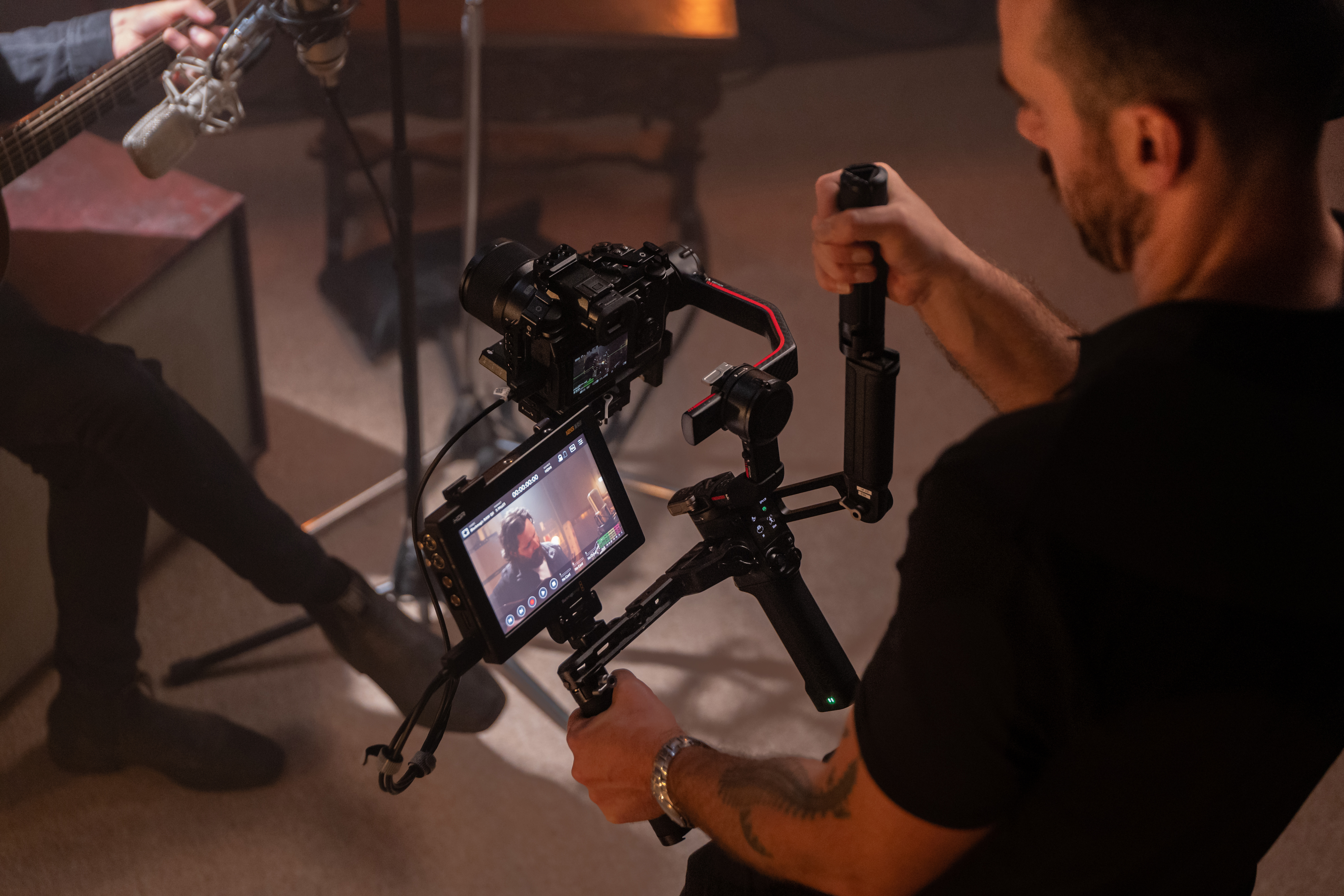
If you captured every frame in a video as a complete, high-quality image, your video files would be huge – really huge! The Canon EOS 5D IV when took some flak when it was first introduced back in 2016 for using an older MJPEG format that did exactly that.
It also highlights the key difference between what we now call Long GOP compression (smaller files, potentially lower quality) and All-Intra, or All-I compression (larger files, potentially better quality).
Stills photographers will be used to JPEG compression, an acceptable compromise between image quality and file size. Video compression goes further, compressing not just individual frames but using compression techniques between frames to record only key changes in a frame, not the whole frame.
Long GOP and how it works
Long GOP stands for ‘Long Group of Pictures’. What happens here is that the camera records a key frame containing a full picture – the keyframe or ‘I’ frame – and then a group of ‘P’ frames and ‘B’ frames.
‘P’ frames contain predictive ‘motion compensated’ difference information using previous frames. ‘B’ frames contain predictive difference information based on both previous and subsequent frames. You may see this compression method referred to as 'IPB'.
As far as playback and editing are concerned, the GOP (group of pictures) is treated and processed as a group, not individual frames.
Does this make a practical difference to video quality? It may do, especially if you film a lot of fast, complex movement, or if you want to extract a single, high quality still frame from the sequence.
On the other hand, Long GOP compression does produce smaller video file sizes – and is often the only choice on low-to-mid range cameras with limited processing power.

Do you need All-Intra?
More advanced video camera will also offer All-Intra compression, where each frame is captured ‘whole’. In theory, this will produce better quality video – or at least video that responds better to editing and single frame export.
However, it’s important to remember that this is only one type of video compression, and the many others in use will all be a factor in video quality – including bit-depth (8-bit vs 10-bit), color subsampling and codec choice.
It’s like asking a photographer whether a JPEG is better than a TIFF. Sometimes you won’t be able to see a significant difference and the far smaller file size of a JPEG is far more important than any technical difference in quality with a TIFF.
Read more:
• Video jargon explained
• A-Z of photography terms
• Best cameras for video
• Best gimbals for mirrorless and DSLR cameras
• Best video tripods
• Best video editing software







